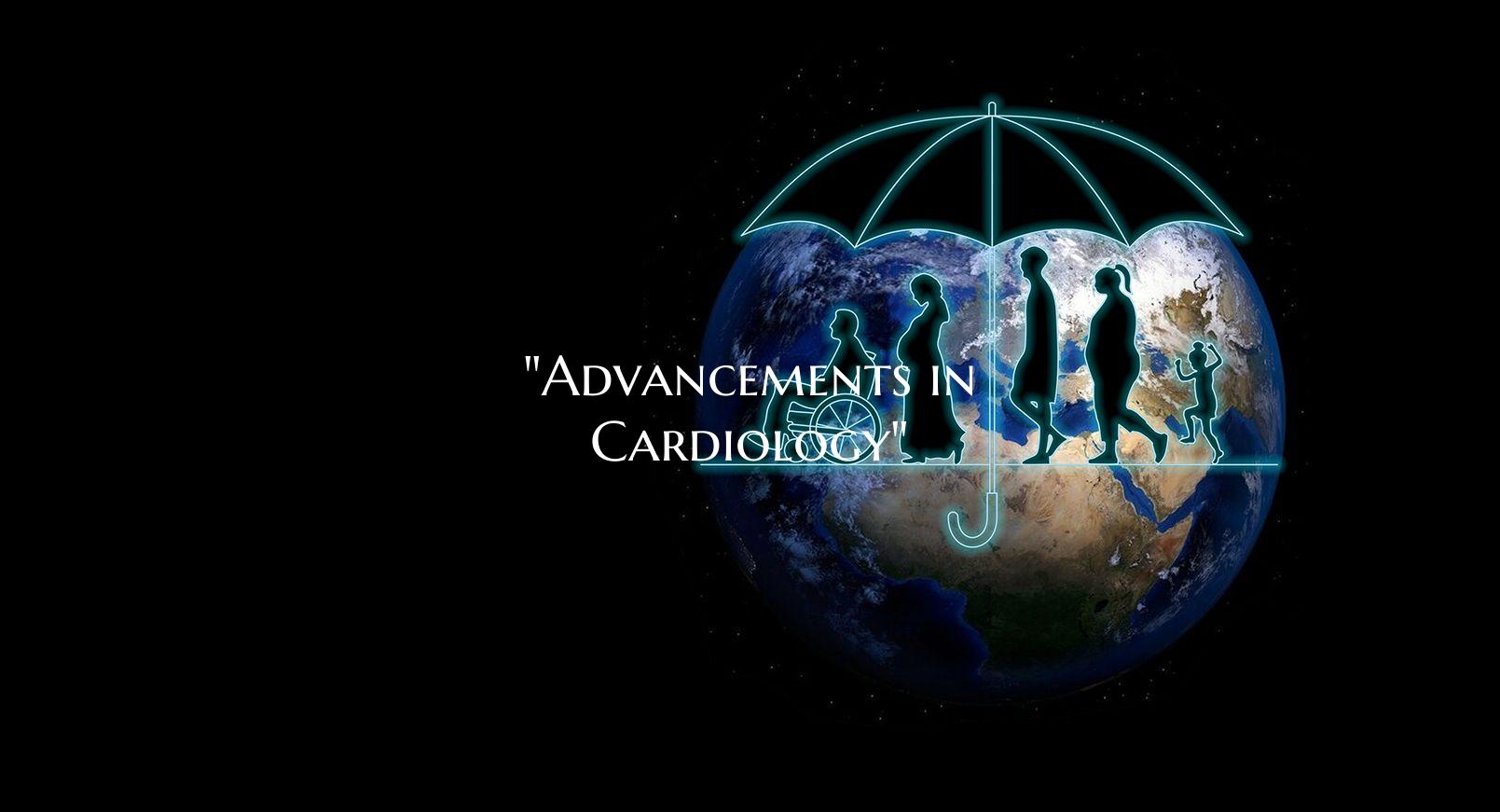
"Advancements in Cardiology"
In recent years, the field of cardiology has seen remarkable advancements that have revolutionized the way heart conditions are diagnosed, treated, and managed. These breakthroughs have significantly improved patient outcomes, leading to better quality of life and increased longevity for individuals with heart conditions. From cutting-edge technologies to innovative treatment approaches, the evolution of cardiology is shaping the future of heart health.
One of the key advancements in cardiology is the widespread adoption of minimally invasive procedures for the diagnosis and treatment of heart conditions. Procedures such as cardiac catheterization and transcatheter aortic valve replacement (TAVR) have reduced the need for open-heart surgery, resulting in shorter recovery times and less risk for patients. These minimally invasive techniques have transformed the field of cardiology by offering safer and more effective options for a variety of heart procedures.
Another major advancement in cardiology is the development of advanced imaging technologies that provide detailed insights into the structure and function of the heart. Techniques such as echocardiography, cardiac MRI, and cardiac CT scans allow cardiologists to visualize the heart with unprecedented clarity, helping them accurately diagnose conditions and plan appropriate treatment strategies. These imaging techniques have improved the precision and effectiveness of interventions, leading to better outcomes for patients with heart disease.
In addition to technological advancements, the field of cardiology has also witnessed progress in the understanding of heart disease at a molecular level. Advances in genetics and personalized medicine have enabled cardiologists to tailor treatment plans to individual patients based on their unique genetic profiles. This personalized approach has led to more targeted and effective therapies, improving the overall management of heart conditions and optimizing patient care.
Furthermore, the integration of digital health technologies, such as wearable devices and telemedicine platforms, has enhanced the monitoring and management of heart health outside of traditional clinical settings. Patients can now track their heart health in real-time, allowing for early detection of potential issues and timely intervention by healthcare providers. Telemedicine has also expanded access to cardiology services, particularly for patients in remote or underserved areas, ensuring that individuals receive the care they need regardless of geographic location.
Overall, the advancements in cardiology have propelled the field forward, offering new possibilities for the prevention, diagnosis, and treatment of heart disease. These innovations continue to transform the landscape of cardiovascular care, providing hope for a future where heart conditions can be effectively managed and outcomes optimized for every patient. As technology continues to evolve and research progresses, the potential for further breakthroughs in cardiology remains promising, promising a brighter future for heart health worldwide.